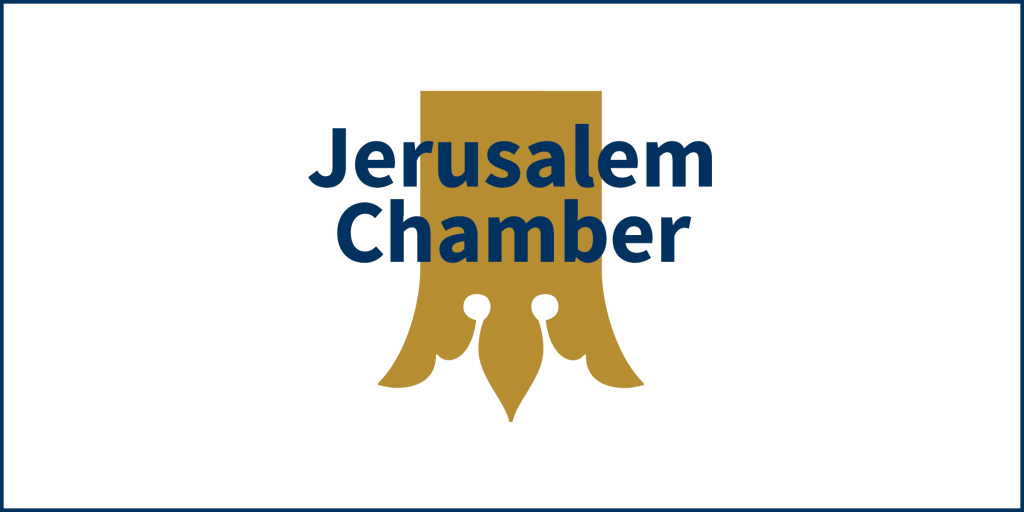Though unfamiliar to some, since at least Augustine it’s commonplace to speak of man’s fourfold state: the state of innocency, the state of nature, the state of grace, and the state of eternity. These distinctions hold a central place in understanding the human condition and the work of redemption. Referring to how essential they are to know, Thomas Boston once wrote, “These are weighty matters that pertain to practical godliness, which most people, including many professing believers in these times, are completely disconnected from.”
The Westminster Larger Catechismteaches that the fall has brought mankind into an estate of sin and misery. The Catechismwill go on in the following questions to clarify the sinfulness and misery of that estate. Before the details are examined, it’s useful to simply take account of how far mankind has fallen.
Remember, when God created man, He made him upright (Eccl. 7:29), and placed him in the midst of a ...
